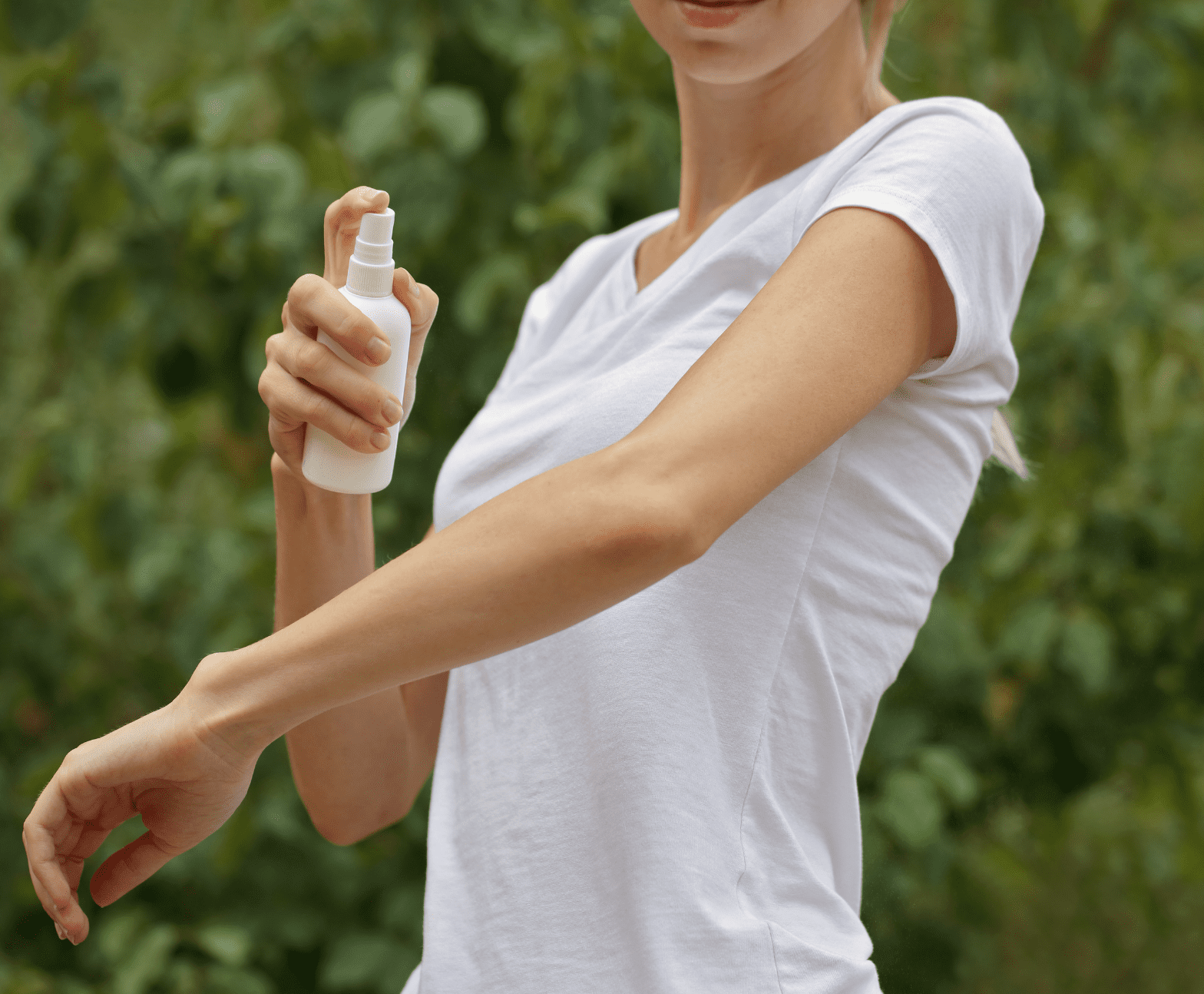
Summertime and the outdoors are synonymous with fun. But what’s not enjoyable is when insects—such as mosquitoes, ticks, bees, wasps and more—cause bites and stings. That’s why it’s important to know how to prevent and respond to outdoor pest concerns.
To reduce the likelihood of insect bites and stings, dermatologists recommend taking the following measures:
- Use insect repellent.To protect against mosquitoes, ticks and other bugs, use insect repellent containing between 20% and 30% DEET on any exposed skin and clothing.
- Wear appropriate clothing.If you’re going to be out at night or hiking in wooded areas, cover any exposed skin by wearing a long-sleeved shirt, pants, socks and closed shoes instead of flip-flops or sandals.
- Use bed nets.If you’re planning to sleep outdoors, use bed nets to protect against mosquitoes. Look for nets that have been pre-treated with an insecticide.
If you are bitten or stung by an insect, these simple treatments can help:
- For painful bites or stings, take an over-the-counter painkiller, such as acetaminophen or ibuprofen.
- For bites or stings that itch, use an over-the-counter anti-itch cream like hydrocortisone. Another option is to take an over-the-counter oral antihistamine.
- To reduce any swelling from bites or stings, apply an ice pack to the affected area.
Occasionally, insect bites and stings can be life-threatening. If you experience any serious symptoms—such as difficulty breathing, dizziness, vomiting, difficulty swallowing or a rapid heart rate—call 911 immediately. Pests are active year-round. Take care to protect against insect bites, and call your doctor or get emergency care for any serious or allergic reaction.

